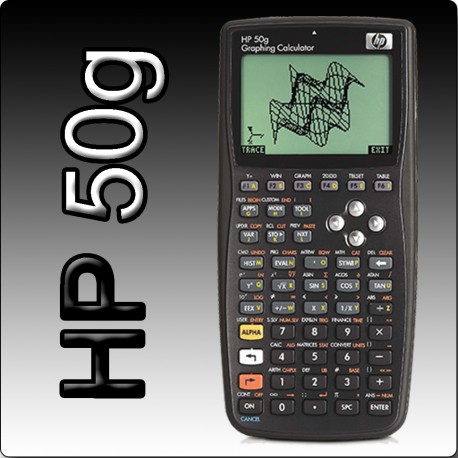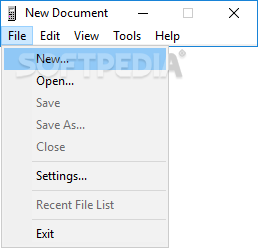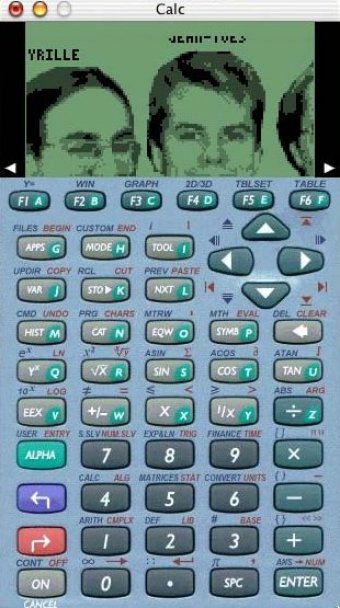

it is way too difficult (the HP and Casio calculators are less compatible than your PC and your smartphone), 2. I will definitely not attempt to port it because 1. Would you get what they do without this explanation and the comments above them? I guess not, because if I hadn't played with my 50G for a year and a half already, I wouldn't either. They bind objects to lambdas (=local variables) without names ("nulllams" they are accessed with an index instead of a name).

#Emu48 paste code
The first ASM snippet (SYMBINCOMP) is around lines 90-100 and explodes a symbolic object into its components, the 2LAMBIND and 3LAMBIND above it are short RPL code pieces.
#Emu48 paste archive
For example: In the archive linked above, open CASrelease/ROM/CAS/build.s and look through it. Just open them in a text editor to see what RPL looks like. If you understand what they are supposed to do in the first place.įind out what this does and you did your first step in Saturn ASM. Alternatives? I don't see any, because the compiler can't be a big thing running on the PC only: Entering any exp ressions invokes the UserRPL compiler.Īlso, lots of Saturn ASM are scattered all over the place, they would need a rewrite without an emulator. So you can't use the existing system at all. As far as I know, the code of 9860 add-ins is not guaranteed to be at the exact same location all the time. This use of absolute addresses is a major difficulty with porting RPL (just the runtime environment, without a Saturn emulator) to the 9860 (or any other calculator).

What you need is something which converts RPL to ASM or C or, which does not exist. So the existing RPL compilers won't really help you. subroutine calls) and objects (numbers in many different formats, lists, arrays, RPL programs, ASM code objects. These addresses are stored in the compiled RPL code - it's basically a list of addresses (i.e. In this lookup table (it's called extable) the command names are associated with addresses. RPL is a concatenative programming language, so compiling is mostly just usage of a lookup table. that needs a rough explanation of how it works on the HP calculators: But they produce something which just runs in the RPL environment. SysRPL compilers? Yes, there are two on-calc (MASD and Jazz) in addition to the normal UserRPL compiler, and there is something in the Debug4x SDK (I believe it's a PC edition of MASD, but don't quote me on that). I have no idea how hard it is to adapt one of them for the 9860. The one on the 50G might be based on these (just guessing), but has a recommendation for Emu48 (which is not by HP) in the description of the HP emulator running on the PC. There are three or four open source Saturn emulators for the PC and similarly powerful systems, two of them by HP. You would create some holes here and there, but if you want to move stuff around to fill the holes, you pretty much have to rewrite it.

Does the whole thing even fit into the 9860's memory? Cutting out the parts not used for the by the CAS is difficult because _everything_ in the calculator uses absolute addresses.
#Emu48 paste serial
What do we do with the 9860's smaller screen? What about the infrared port or the (rarely used) overhead projector part of the serial port? How do we map the 9860's keys to the 50G's keys? I expect a performance impact from emulating the hardware as well, and I doubt the 9860 has enough processing power to handle that. On the 9860 this is not possible because the hardware is completely different. It just maps it to the corresponding zone in the ARM address space. The existing emulator on the ARM does not care about the memory-mapped I/O that happens in the Saturn environment. Okay, emulating the Saturn on the Casio calculators might be an option (probably the only option) given the fact that the ARM in the newer calculators has an emulator running on it, and it's clocked at 75 MHz, so not much faster than the 9860. Sorry for that lengthy post, explanations just take some space.


 0 kommentar(er)
0 kommentar(er)
